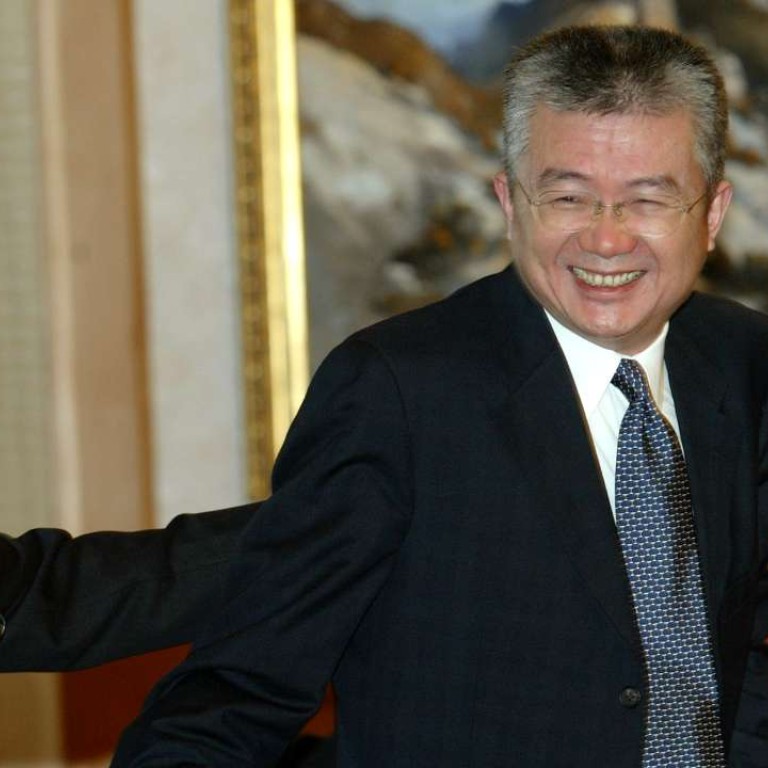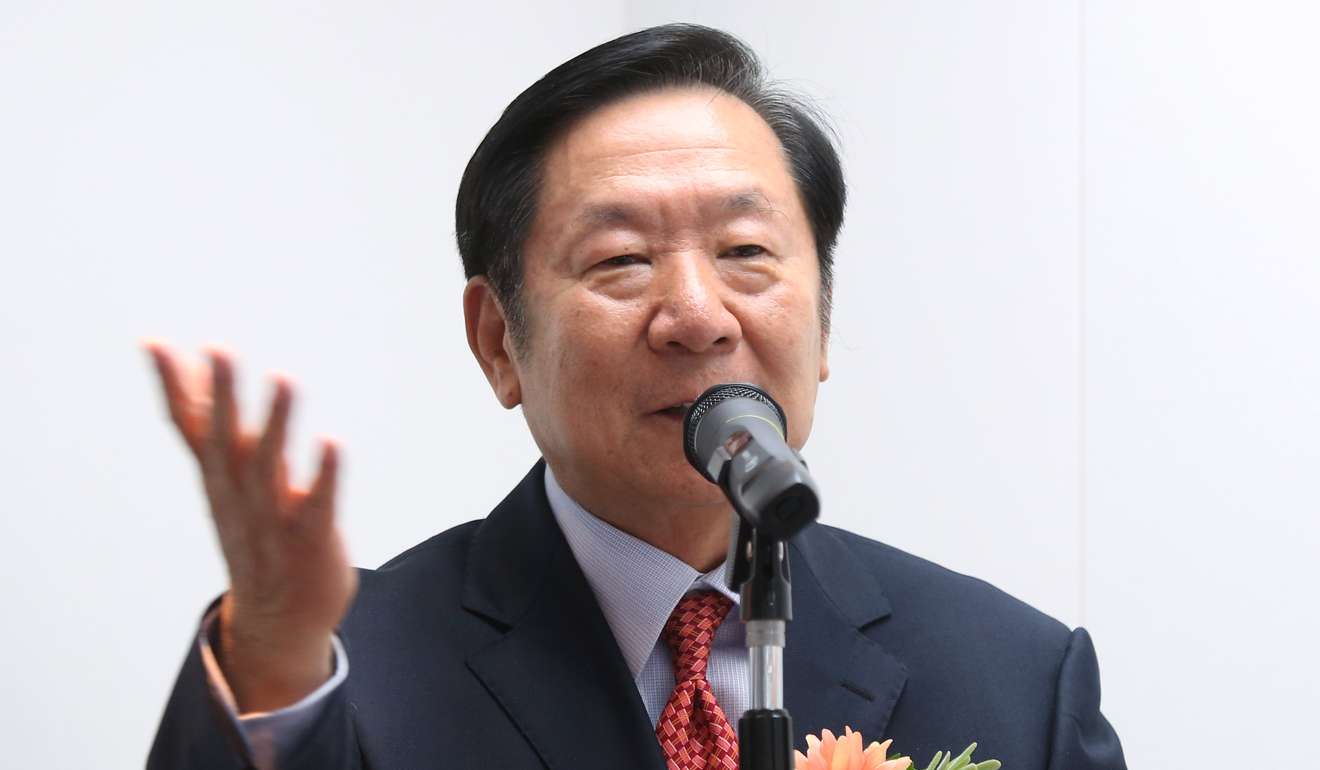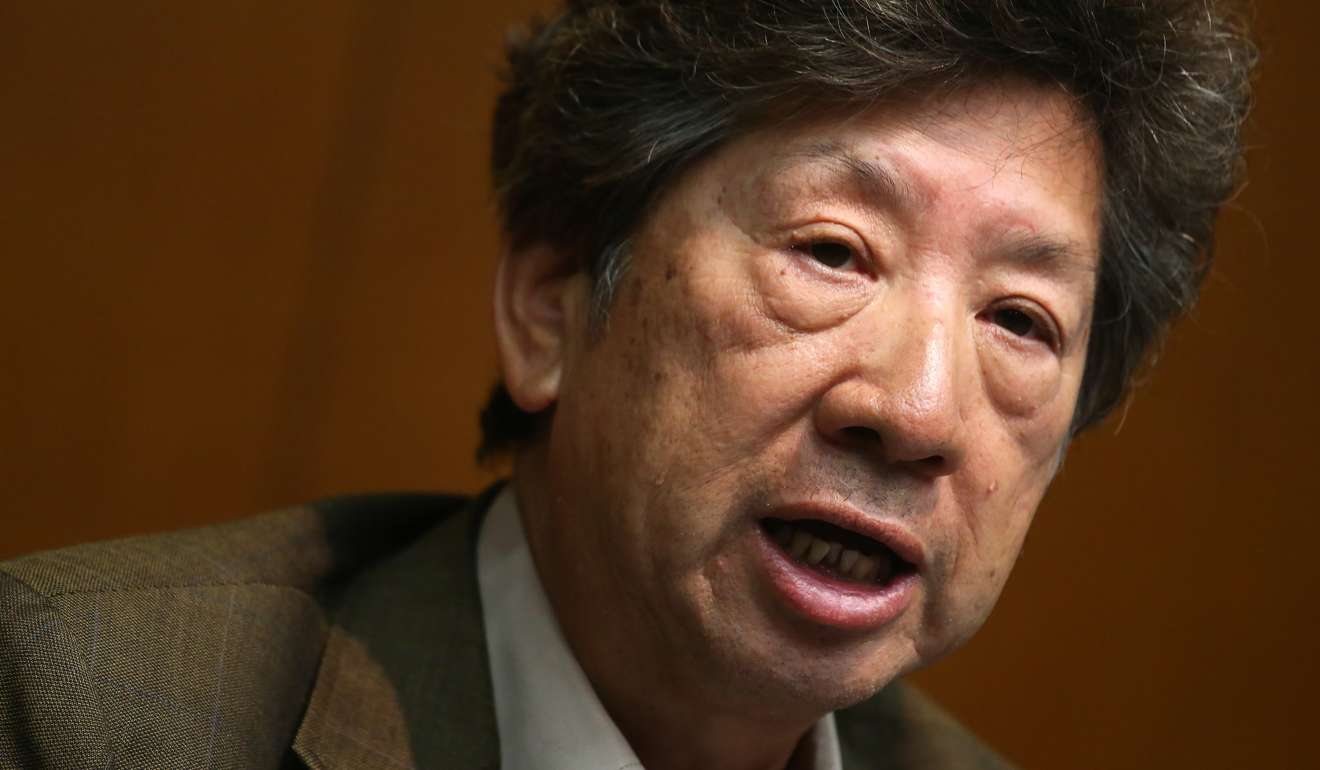
New head of Beijing’s top think tank on Hong Kong ‘willing to listen’
Former lawmaker Ronny Tong sees greater hope of a more open-minded stance on political reform when Xu Ze takes over from Chen Zuoer at influential body
A former Beijing official who has handled Hong Kong affairs for more than three decades will take the helm of the central government’s top think tank on the city in a leadership reshuffle on Saturday.
Ex-Civic Party lawmaker Ronny Tong Ka-wah said Xu Ze, who would replace Chen Zuoer as chairman of the Chinese Association of Hong Kong and Macau Studies, appeared to be more willing to listen to different views, although what mattered more was Beijing’s policies towards the city.
Xu, who was born in Shantou in Guangdong, is a fluent Cantonese speaker. He joined the State Council’s Hong Kong and Macau Affairs Office in 1982 and took part in work related to the drafting of the Basic Law, Hong Kong’s mini-constitution, from the mid-1980s.

Association vice-chairman Professor Lau Siu-kai said Xu, 62, was more low-profile than Chen, who often made colourful remarks on public occasions.
In December 2014, Chen, also a former deputy director of the Hong Kong and Macau Affairs Office, described the Occupy protests as Hong Kong’s version of a “colour revolution”, a reference to uprisings in post-Soviet republics.
“Chen is more flowery in his verbal expression while Xu is a low-key person,” Lau said. “But I think the think tank will continue its work.”

A source familiar with the situation said Chen, 74, would not take up any advisory role in the association after his retirement.
Tong, convenor of the middle-of-the-road Path of Democracy think tank, said that when they met in Hong Kong in October Xu appeared to be receptive to his views on Hong Kong’s political reform as well as ways to improve the relationship between the two sides.
“His open-minded attitude contradicts my previous impression that he is a man with tough stances,” Tong said.
He hoped Xu would adopt a more moderate and rational approach to Hong Kong affairs.

